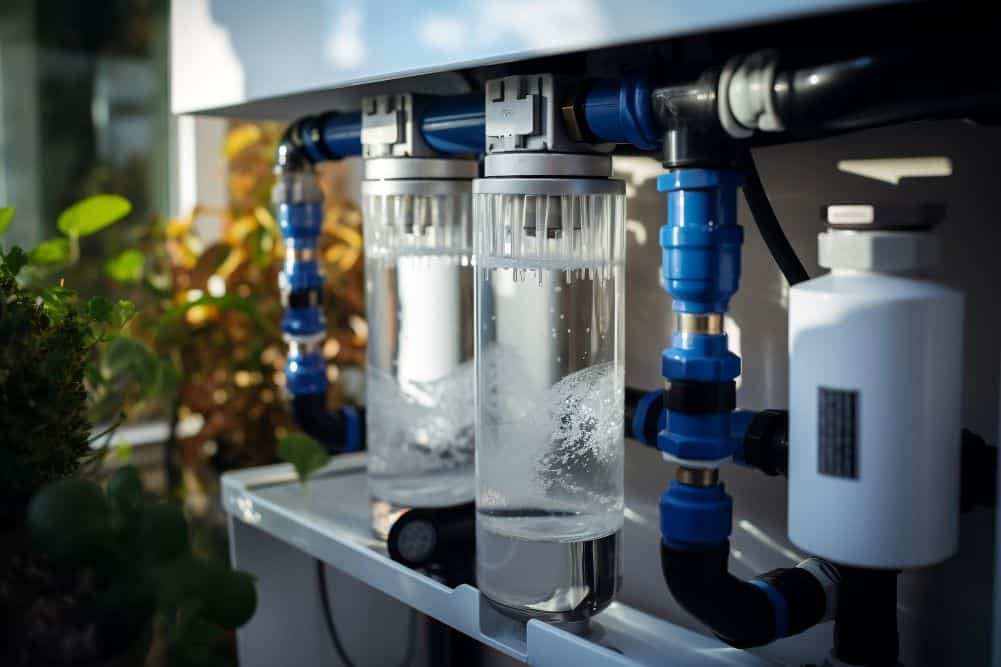In recent years, the demand for sustainable solutions has pervaded almost every industry, and plumbing is no exception. As we confront the imminent challenges of climate change and dwindling natural resources, sustainability has become more than a buzzword; it is an imperative. For homeowners and professionals in the HVAC and plumbing sectors alike, eco-friendly plumbing solutions offer a way to contribute to environmental conservation while also enjoying long-term cost benefits. This blog post aims to explore several eco-friendly plumbing solutions that can be easily implemented in residential settings.
The Importance of Eco-Friendly Plumbing
Before we delve into specific solutions, it is crucial to understand the larger context of eco-friendly plumbing’s importance. According to the Environmental Protection Agency (EPA), the average family can waste more than 9,000 gallons of water annually from household leaks alone. Further, traditional water heaters account for nearly 17% of a home’s energy usage. Transitioning to more sustainable plumbing systems can significantly mitigate these impacts by conserving water and reducing energy consumption.
Eco-Friendly Solutions
Low-Flow Fixtures
One of the most straightforward ways to promote water conservation is by installing low-flow fixtures such as faucets, showerheads, and toilets. These fixtures are designed to use less water per minute than traditional ones, without compromising performance. According to studies, low-flow toilets can save up to 13,000 gallons of water per year for a family of four.
Tankless Water Heaters
Traditional water heaters continuously heat water in a tank, wasting energy when the hot water is not in use. On the other hand, tankless or “on-demand” water heaters provide hot water only when needed, thereby reducing energy consumption by as much as 50%.
Greywater Systems
Greywater refers to lightly used water from sources like bathtubs, sinks, and washing machines. Greywater systems capture this water and redirect it for uses that do not require potable water, such as irrigation or toilet flushing. By reusing water, these systems help in reducing the overall water consumption in a household.
Rainwater Harvesting
Installing a rainwater harvesting system can be another excellent way to minimize water usage. Collected rainwater can be used for various non-potable purposes like irrigation, car washing, and even toilet flushing when appropriately treated.
Smart Leak Detectors
Modern technology has also provided us with smart leak detectors that can alert homeowners to even the smallest leak, allowing for immediate action. Early detection is crucial as minor leaks can lead to significant water loss over time.
Solar Water Heaters
Solar water heaters utilize solar energy to heat water, thus reducing dependency on fossil fuels. While the upfront cost can be substantial, the long-term savings and reduction in carbon footprint make it an excellent eco-friendly alternative.
Recommendations for Implementation
- Start Small: If you are new to sustainable plumbing, start by replacing one fixture at a time, such as a faucet or a showerhead.
- Consult Professionals: Before making significant changes like installing a greywater system or solar water heater, consult with experts in the field for advice tailored to your specific needs.
- Incentives and Rebates: Many local governments offer incentives for implementing sustainable home solutions. Research available options to mitigate costs.
Conclusion
As concerns for environmental sustainability continue to escalate, adopting eco-friendly plumbing solutions can make a significant impact. Not only do these solutions offer a means to conserve valuable resources, but they also provide long-term economic benefits. By taking conscious steps toward a more sustainable future, homeowners can play a critical role in the broader mission of environmental conservation.
By incorporating eco-friendly solutions into your home’s plumbing system, you are investing in a future that values resource efficiency and environmental responsibility. It is a win-win situation for both the planet and your pocketbook.




Recent Comments